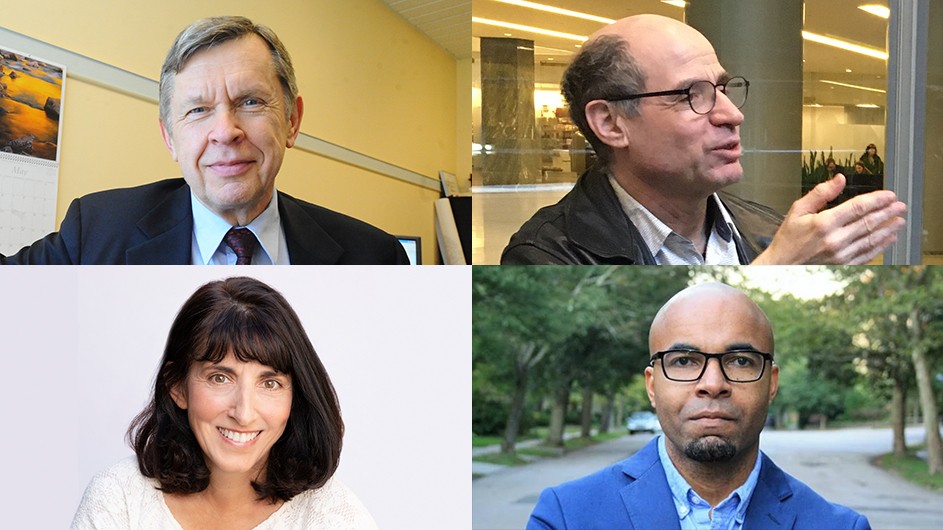Four Columbians Elected to the National Academy of Sciences
Computer scientists Alfred Aho and Toniann Pitassi, mathematician Michael Harris, and sociologist Mario Small join this year’s class of new members.
May 04, 2022

Computer scientists Alfred Aho and Toniann Pitassi, mathematician Michael Harris, and sociologist Mario Small join this year’s class of new members.
